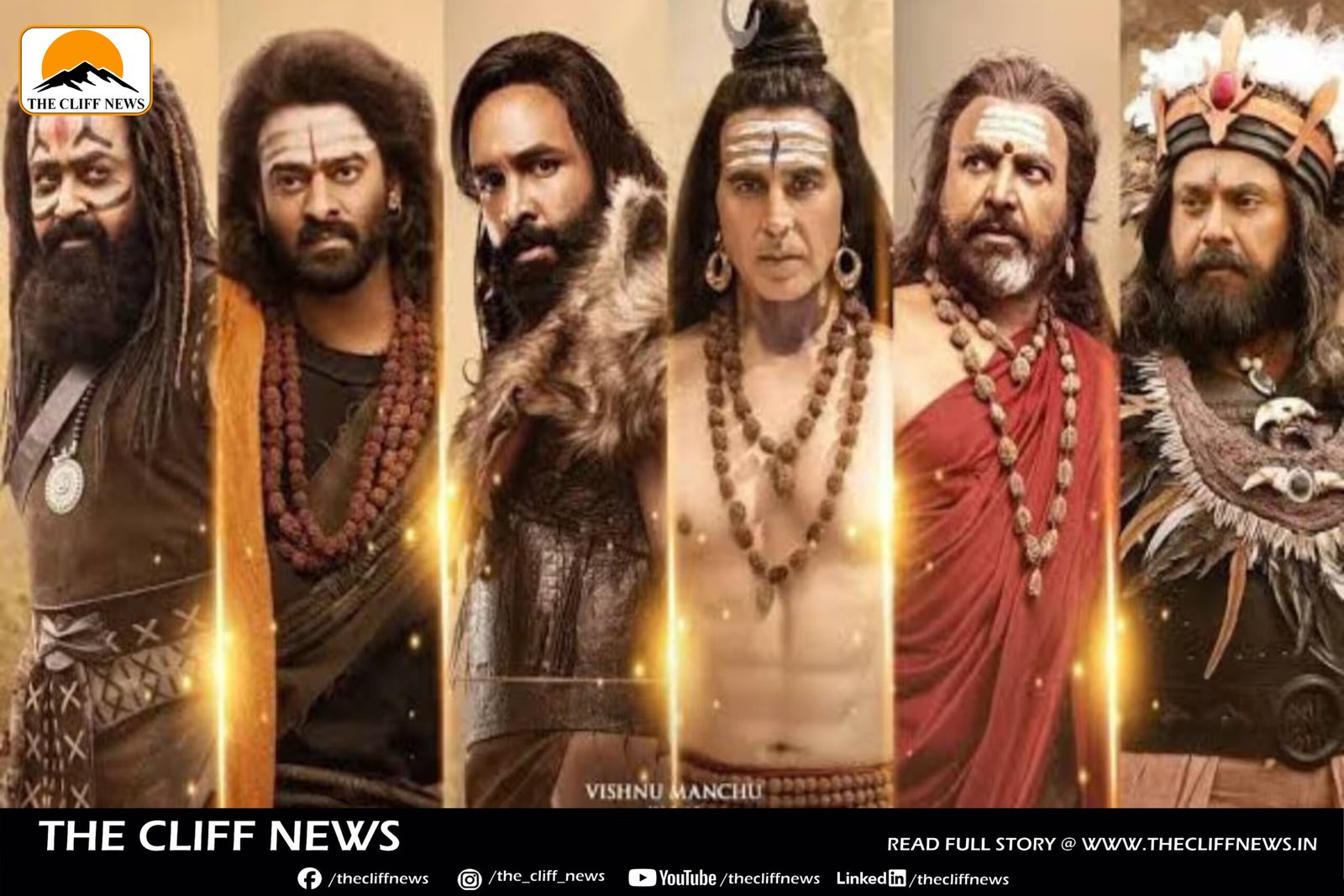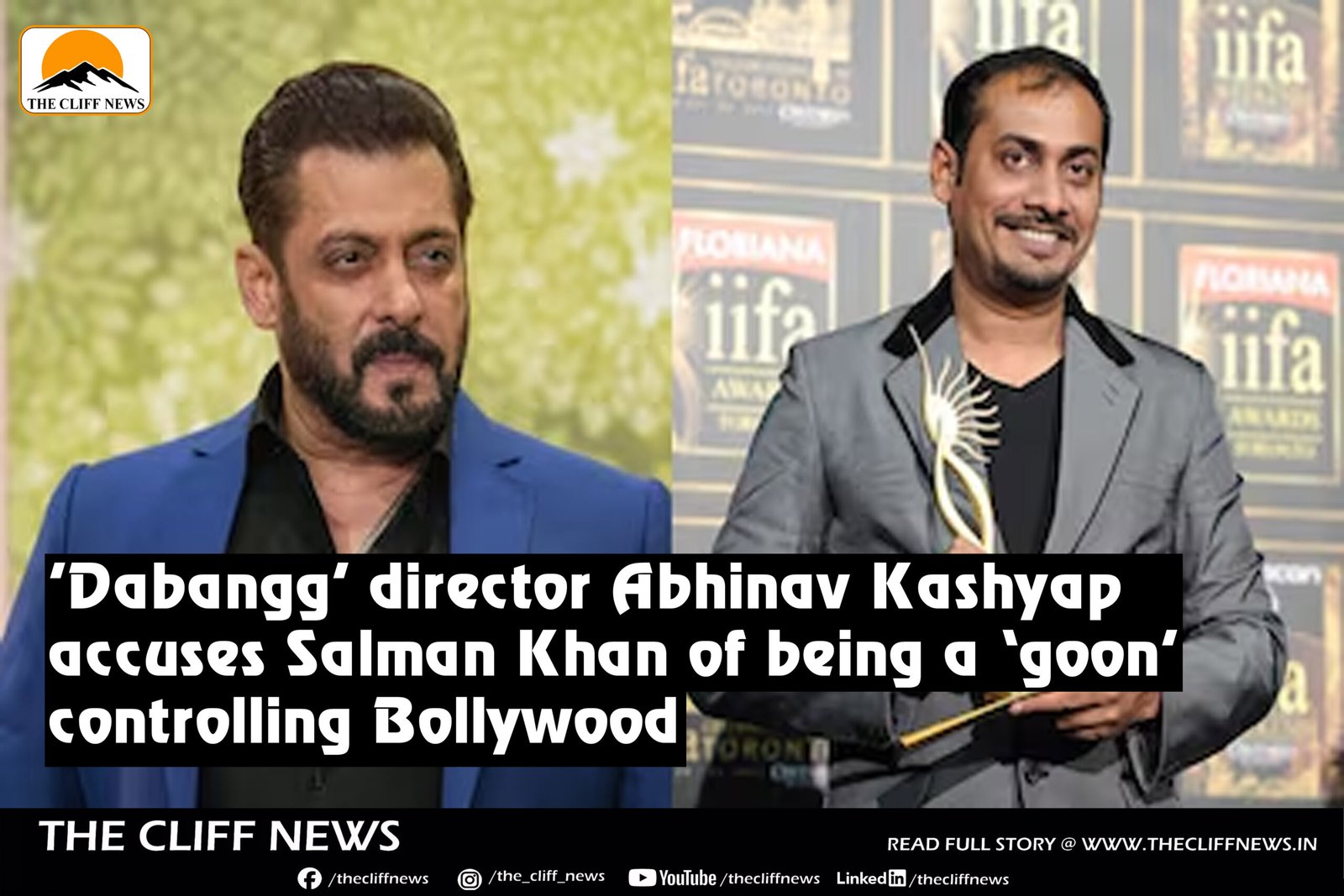Kannappa, directed by Mukesh Kumar Singh and fronted by Manchu Vishnu, sets out to be an ambitious mythological epic but ends up as a chaotic, over-glamourised costume pageant. Set against the picturesque backdrops of New Zealand pretending to be ancient India, the film’s visuals and production value feel lavish—but only in budget, not in execution.
The story traces the transformation of Tinnadu (played by Vishnu), a tribal warrior and atheist, into the devoted Kannappa who offers his eyes to Lord Shiva. While this should have been a soul-stirring tale, the film trips over its shallow storytelling, stilted acting, and jarring inconsistencies in tone.
The opening number, ‘Srikala Hasti’, featuring Vishnu’s daughters Ariaana and Viviana, immediately sets a tone of theatrical awkwardness that never quite leaves. Vishnu’s son Avram, playing a younger version of the protagonist, delivers lines in a polished Anglo accent—an oddity considering the 2nd-century setting. These choices highlight the film’s biggest flaw: it feels less like a cohesive story and more like a vanity project staged for family showreel purposes.
Despite a stacked cast including Akshay Kumar, Mohanlal, Prabhas, Kajal Aggarwal, and Mohan Babu, the film fails to utilise their potential. Most stars deliver brief cameos with minimal impact—blink and you’ll miss Prabhas, despite his powerful presence as Rudra. Mohanlal’s performance, although sincere, is buried beneath clunky costumes and disjointed editing.
Preity Mukundhan brings some spark as Nemali, a warrior princess, but even her strength is undermined by outdated gender tropes and makeup that wouldn’t look out of place in a soap commercial. Her character arc is particularly weakened by poorly conceived scenes that mimic moments from Baahubali but lack the emotional punch or visual flair.
The film’s production suffers from a lack of polish despite its grand scale. From underwhelming art direction to impractical tribal costumes that look fresh from a beauty parlour’s “bridal makeover” menu, nothing ever lets the viewer suspend disbelief. And as the film awkwardly jumps between spiritual awakening and tribal warfare, it never settles into a consistent genre or mood.
What Kannappa does get right is its music. The songs are surprisingly effective, adding a much-needed emotional undertone. However, the strength of the soundtrack can’t compensate for the film’s narrative shortcomings and directionless storytelling.
In conclusion, Kannappa feels like a school play with a billionaire’s budget. Meant to be a mythological epic, it instead becomes an exercise in excess and ego. Watch it only if you’re curious to see how far wigs and wind can go in ruining a moment—or if you enjoy unintentional comedy dressed up in divine robes.



